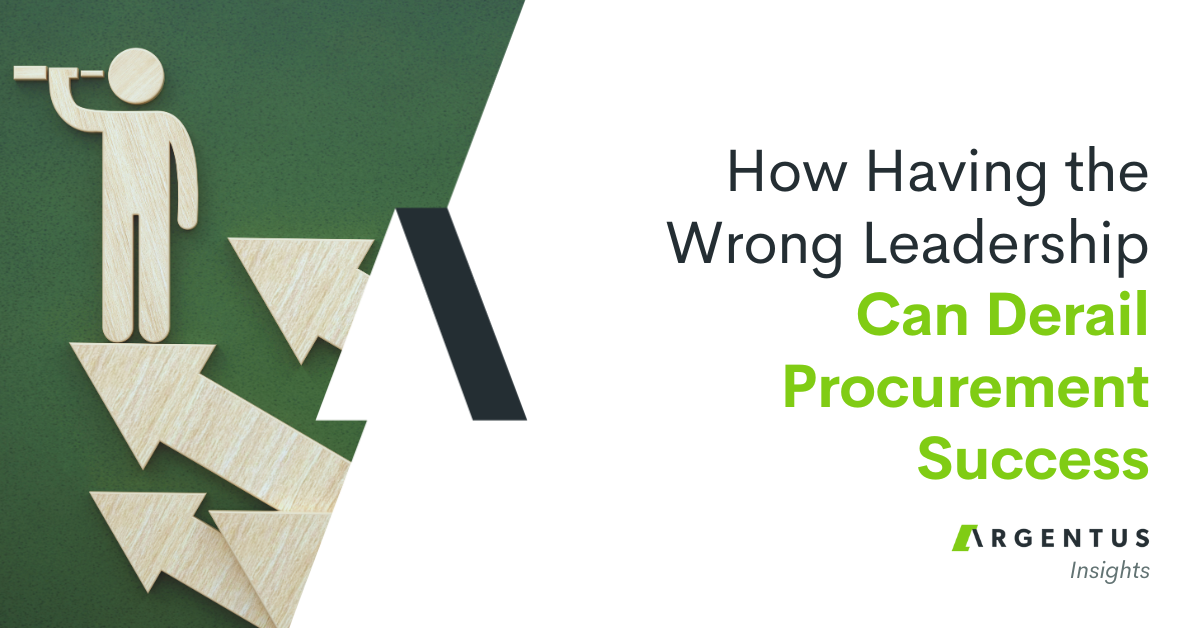As you might have read over the past few weeks, one of the leading companies of the fast-casual food revolution is in turmoil following an emergence of food safety issues. Chipotle has made its name as the fastest-growing restaurant chain in America, and as a pioneer in what’s come to be called the “fast casual” restaurant sector – chain restaurants that specialize in high-quality ingredients and offerings at a slightly higher price point than conventional Quick Service restaurant (fast food) chains.
The company has built its brand on quality ingredients, ethical treatment of animals, and local sourcing in its Supply Chain. But in a series of developments that have sent the chain’s stock price tumbling, the diversity of supplier base and Supply Chain complexity that these commitments require has opened it to food safety risks – and various restaurant locations have been linked in recent weeks to outbreaks of E. Coli and Norovirus. Chipotle is now facing a sales shortfall, and stock sell-off, as a result of a Supply Chain risk that it opened itself up to by adopting the local and sustainable-sourcing strategy that makes it so compelling to consumers. As a Bloomberg article about the restaurant’s food safety issues recently put it, “Chipotle’s greatest strength has become its greatest weakness.”
At Argentus, where we recruit star Supply Chain professionals for top companies, we’re always on the lookout for moments when the Supply Chain discipline breaks into the wider news cycle, and our eyes are always peeled for a talent angle on those moments. As we’ve written about in the past, the Supply Chain discipline is a behind-the-scenes driver of innovation and efficiency, and only really enters the public consciousness when a Supply Chain issue or failure arises.
The Chipotle food safety scare is a case in point. It caught our attention, in particular, because it sits at an interesting nexus between the Supply Chain efficiency (cost), Supply Chain sustainability and ethics, and profit. This New Yorker article describes how Chipotle isn’t necessarily sunk, and there’s a precedent for restaurant chains suffering from food safety issues surviving (and thriving) after adopting food safety measures. But the question is, can Chipotle boost its food safety, and implement effective monitoring of the staggering amount of suppliers required to source local ingredients across the nation, without sacrificing price competitiveness and profitability?
As this Forbes article outlines, Chipotle’s food safety woes are a surfacing of an issue that’s been getting more discussion among Supply Chain gurus: the tension between a push for greater environmental sustainability / ethics in the Supply Chain and the practicalities of maintaining an efficient, predictable supplier base. To quote Kevin O’Marah, the article’s author:
“A reality of food supply chains is that elimination of variability in sourcing and production is essential to achieving low costs while maintaining quality. Chipotle, by avoiding the industrial food supply chain as a matter of principle ends up needing to accommodate massive variability in its supply base.”
O’Marah argues that Chipotle must raise its prices to achieve the Supply Chain consistency and food safety that will allow it to keep consumers’ trust – without sacrificing the commitment to ethics by which it has built its brand.
But is this the case? Is it possible that Supply Chain ingenuity might offer Chipotle the solution it needs, without raising prices and sacrificing competitiveness? Is there a Supplier relationship management tool, or the right type of Supply Chain organizational change or improvement, that might help Chipotle solve this issue without sacrificing its competitive edge? We put the question to our network of star performers in the discipline.
If so, it might present a solution to how fast-casual restaurant chains can strike a difficult balance between offering high-quality, ethically-sourced ingredients, ensuring enough of a margin for stockholders, while keeping prices low enough to compete with quick-service restaurant chains. ![]()
Have you signed up for Argentus’ Market Watch Newsletter? It only takes a moment. You’ll receive low-volume, high-impact market insights from the top specialty Supply Chain recruiters including: Salary Information, Supply Chain industry trends, Market Intelligence, Personal Branding tips and More!
[mc4wp_form id=”17895″]




0 Comments